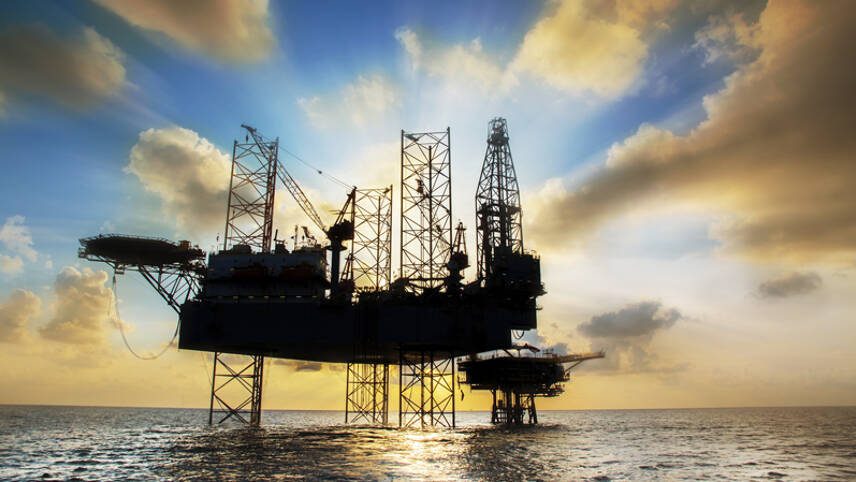Register for free and continue reading
Join our growing army of changemakers and get unlimited access to our premium content

That is according to a new report from think tank Carbon Tracker today, assessing the likely financial transition risks to 40 fossil fuel exporters in a 1.8C-aligned global energy transition.
The headline conclusion is that these nations are forecasting revenues of some $17trn through to 2040 – but just $9trn would be realised if the global clean energy transition is accelerated.
Almost three-quarters of the assessed nations stand to lose more than 50% of their projected revenues in this scenario, including the United Arab Emirates (UAE), which is currently hosting the UN’s annual climate summit, COP28.
Not all of these nations are as wealthy as the UAE. Six are located in Africa.
With this in mind, and with the majority of global oil and gas production overseen or partially managed by state-owned entities, Carbon Tracker is warning that these countries could face a “significant hole in government finances”. The think tank is imploring them to forecast and mitigate potential risks to the provision of vital public services.
Report author Guy Prince said: ““Electricity is expanding to become the basis of our entire energy system, driven by falling costs of wind, solar and batteries. This is a profound threat to oil and gas exporting nations, because falling demand for oil and gas is likely to lead to a significant fall in future revenues.”
Fossil fuel rhetoric at COP28
It bears noting that, per the UN’s recent analysis, the world is currently on a 2.5C-2.9C trajectory based on existing national climate commitments.
UN Secretary-General Antonio Guterres has implored nations gathering in Dubai for COP28 to rally behind an agreement to tackle “the heart of the climate crisis – fossil fuels”. He has urged them not to use language that could enable a reliance on unproved carbon capture technologies instead of delivering a holistic energy transition.
Ahead of COP28, the European Parliament backed a Fossil Fuel Non-Proliferation Treaty also supported by a host of small island states and individual policymakers from nations including the US, Indonesia, India, Bangladesh and New Zealand.
But with this being the second consecutive COP held in a petrostate after last year’s Egyptian summit, there will be a hard fight to get strong wording on a fossil fuel phase-out into the final text.
COP28 President Dr Sultan Al Jaber is the UAE’s climate envoy but also holds an executive role at the state-owned oil company, ADNOC. He stated at the opening of the Summit on Thursday (30 November): “It is essential that no issue is left off the table. And, yes, as I have been saying, we must look for ways to ensure the inclusion of the role of fossil fuels. I know that there are strong views about the idea of including language on fossil fuels and renewables [in the text].”
The UAE relies on oil and gas for 40% of government income. It has invited members of OPEC to pre-COP talks and confirmed the body’s attendance of the actual summit.
Finding an alternative way forward for the UAE and other petrostates is a thorny issue. Carbon Tracker’s Prince noted: “In many petrostates, a political settlement has become established where citizens expect high public sector salaries and low or zero-income taxes along with a generous welfare state. Restructuring their economies is likely to require parallel political reforms to make lawmakers more accountable and give citizens greater representation.”
Follow edie’s COP28 live blog here.
View all of edie’s COP28 content here.


Please login or Register to leave a comment.